Produced on the occasion of the exhibition 11 Los Angeles Artists, 30 September–7 November, 1971 at the Hayward Gallery, London. The exhibition featured the work of a ‘small diverse group of artists’, many of them only recently out of art school. Some of these younger artists, including John Altoon, Larry Bell, Robert Irwin, John McLaughlin, Bruce Nauman, Ed Ruscha, Ken Price and William Wegman, were little known in the US outside a small number of alternative galleries.
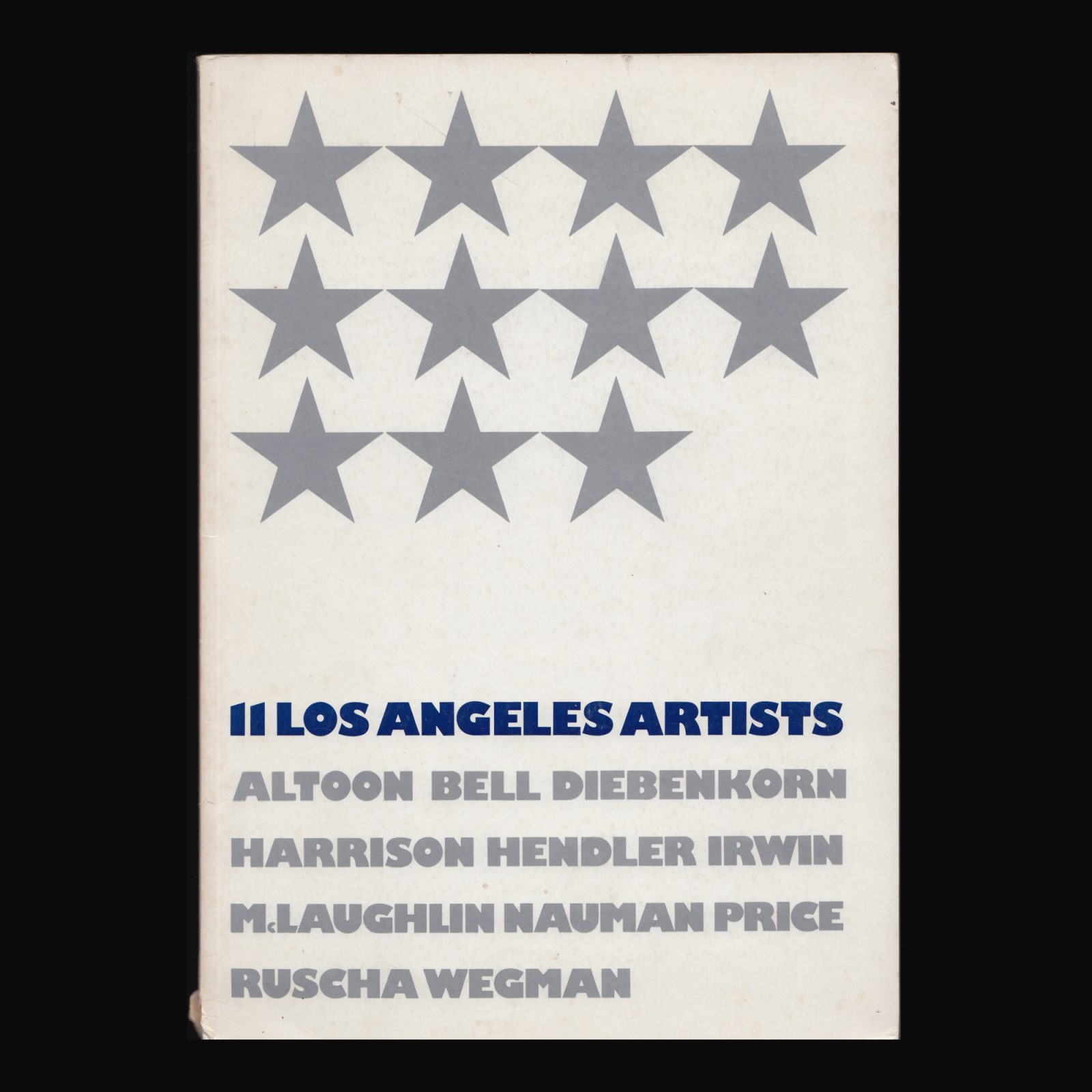

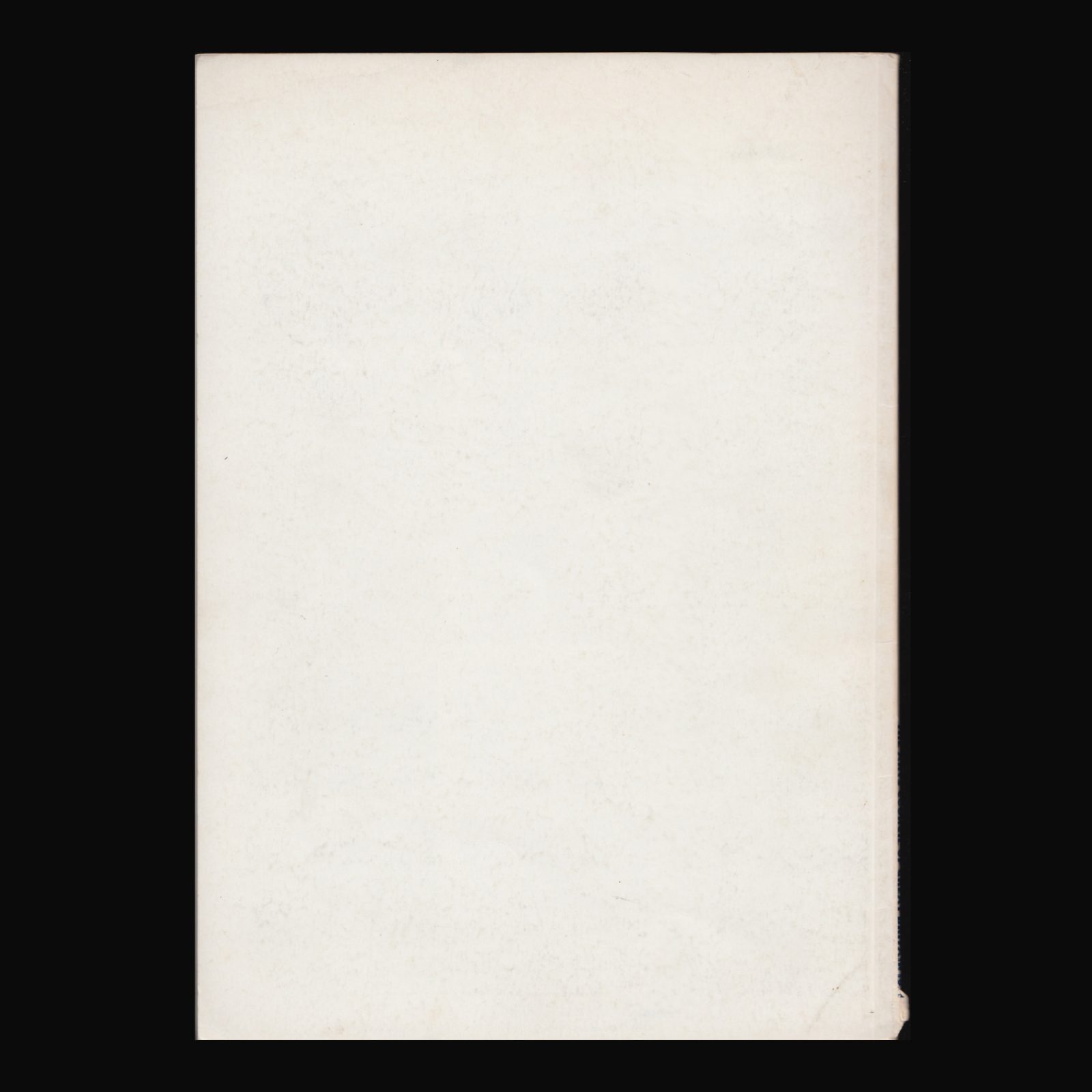
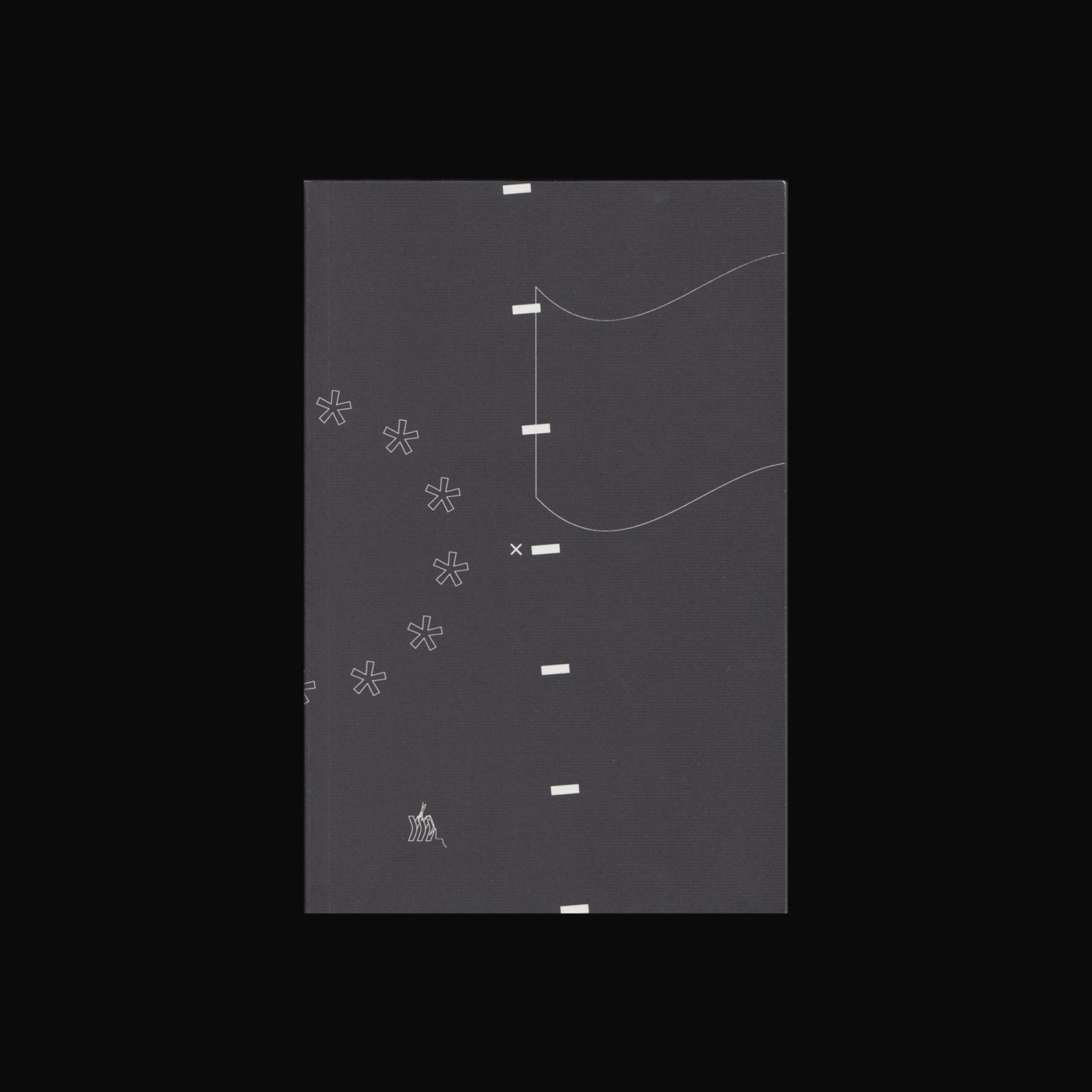

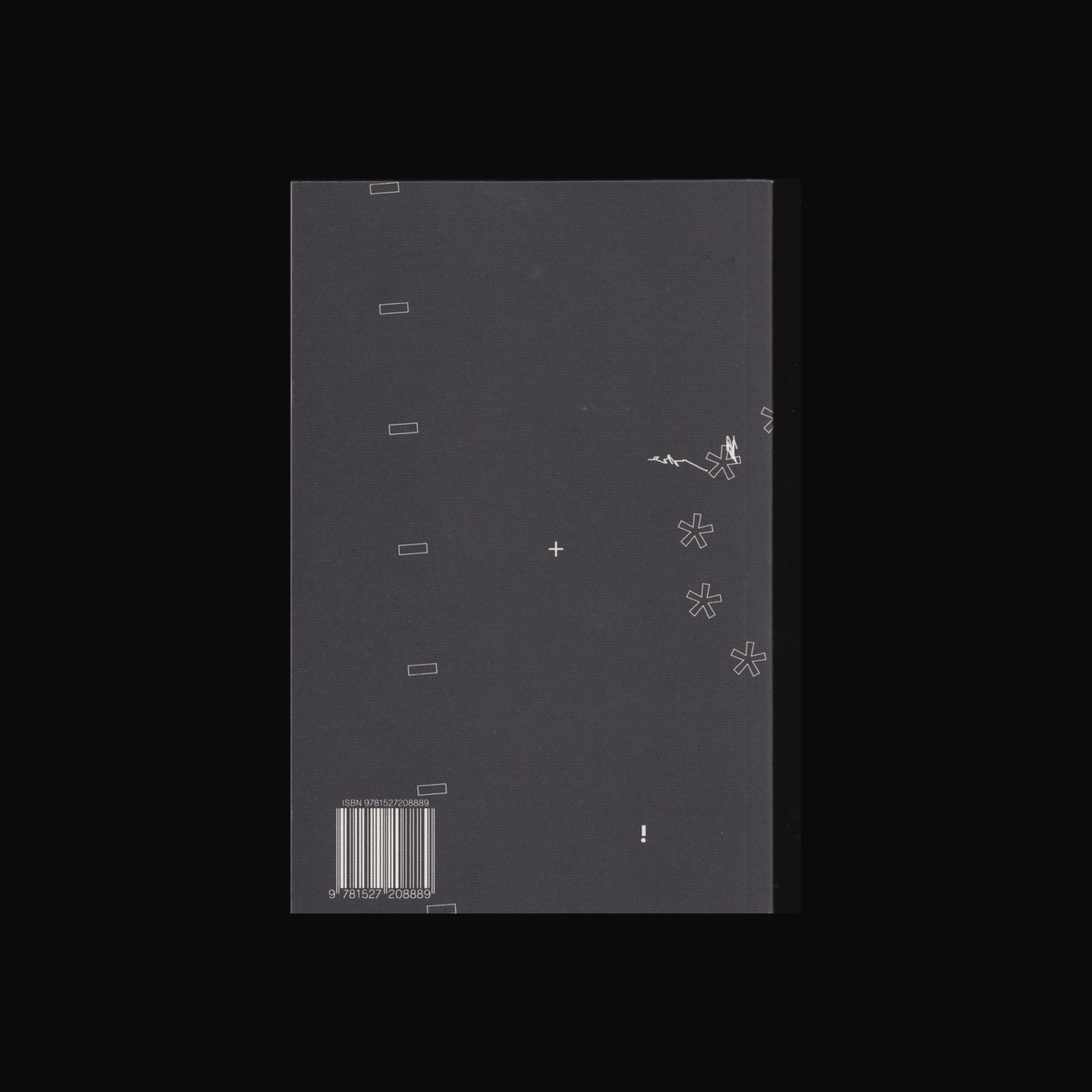
The System of Systems is a book published in conjunction with an exhibition which took place in Athens in May 2017. It interrogates how political powers in Europe are using technologies, from data collection to private companies, in bureaucratic systems which determine the fate of asylum seekers. Bringing together artists, designers, architects, academics, activists and practitioners, working across a range of mediums, the publication responds to the complex and knotty legal framework which individuals seeking asylum are forced to navigate, or, in many cases, elude.
With contributions by Lawrence Abu Hamdan, James Bridle, Kamil Dalkir, Design Unlikely Futures, Ayesha Hameed, Paul Feigelfeld, Melanie Friend, Eugenio Grosso, Olivia Head (Bread & Roses), Andrew Herscher, Thomas Keenan, Sohrab Mohebbi, Daniela Ortiz, Lucie Parker, Jill Power, Xose Quiroga, Daniel Trilling, Nana Varveropoulou.
Edited by Rebecca Glyn-Blanco, Maria McLintock and Danae Io.
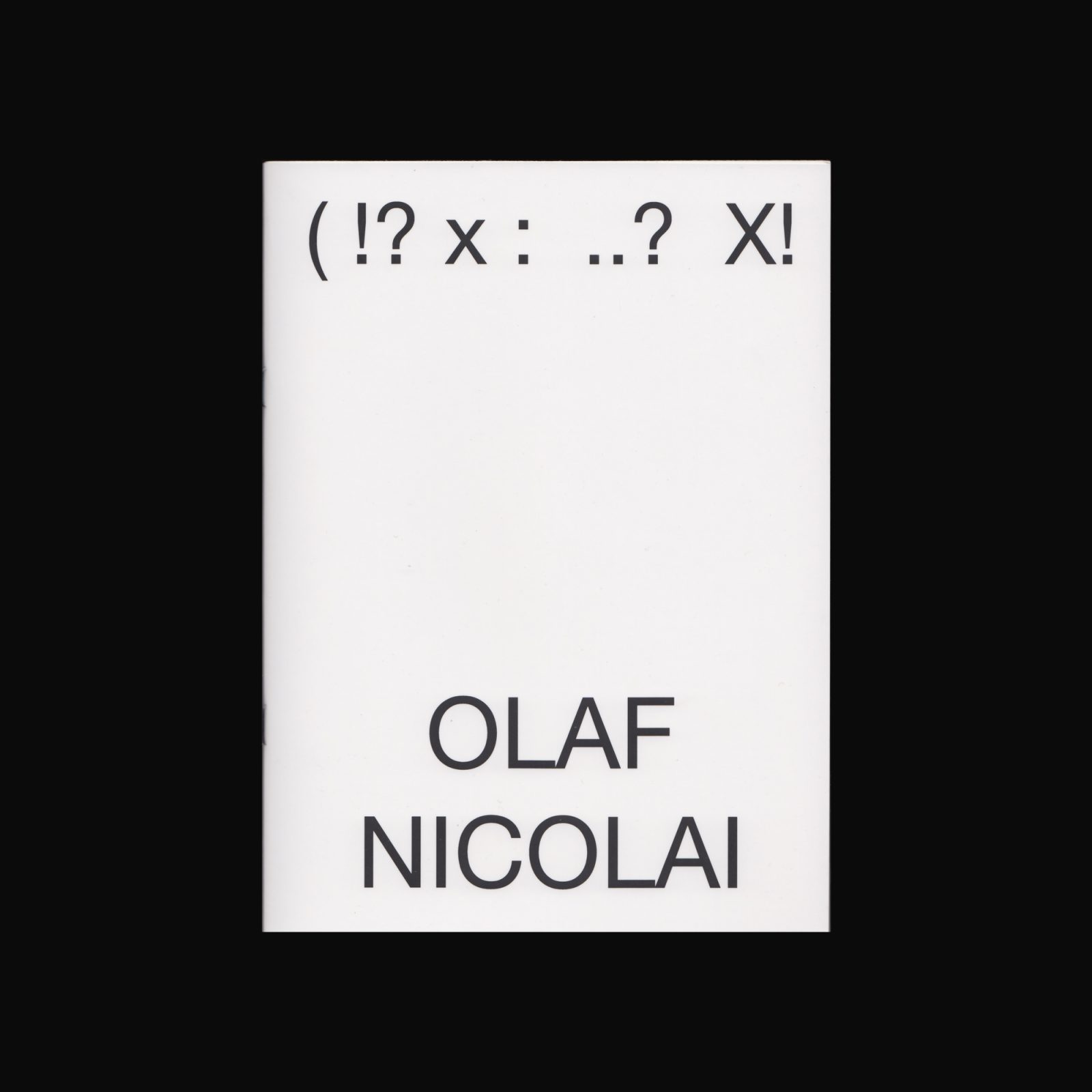
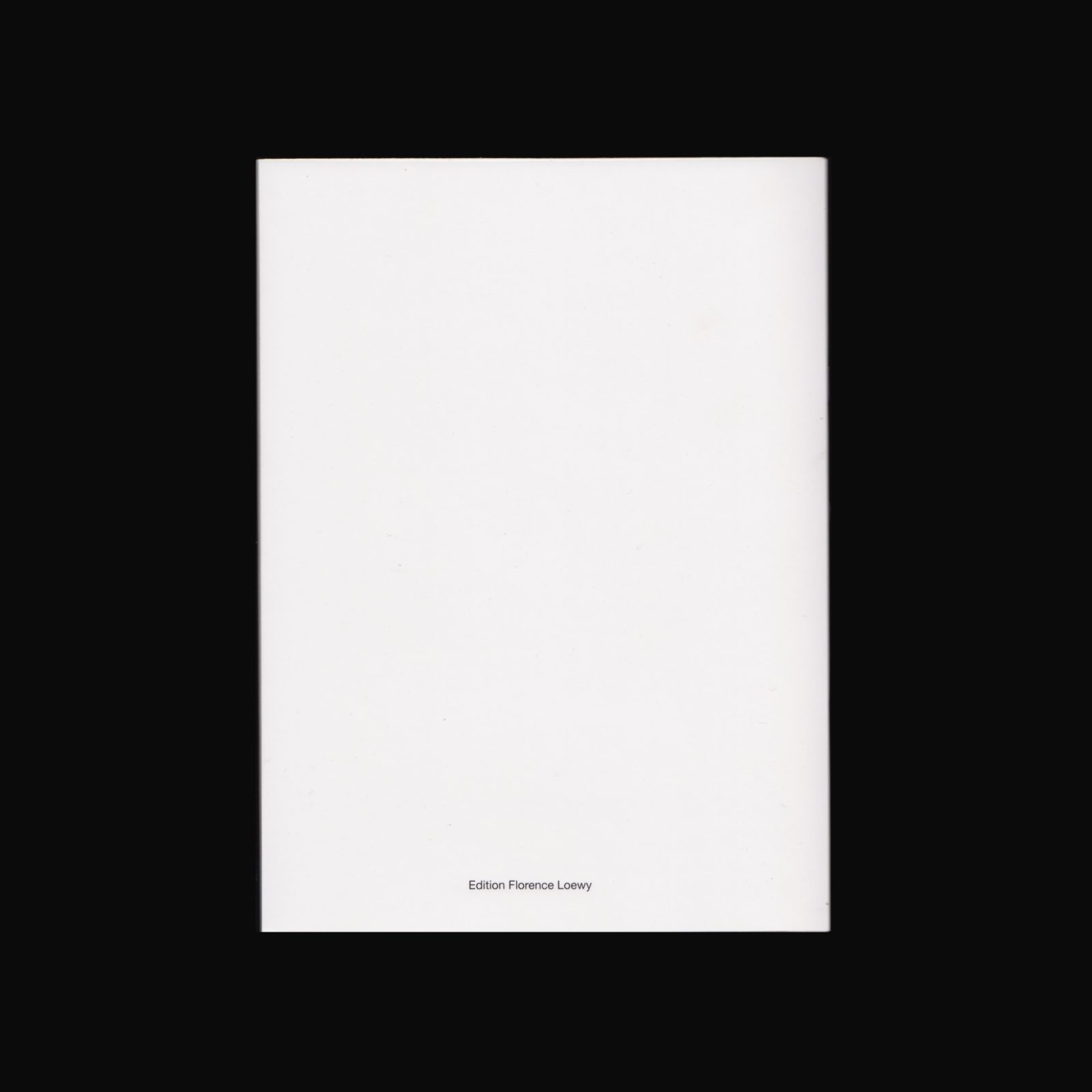
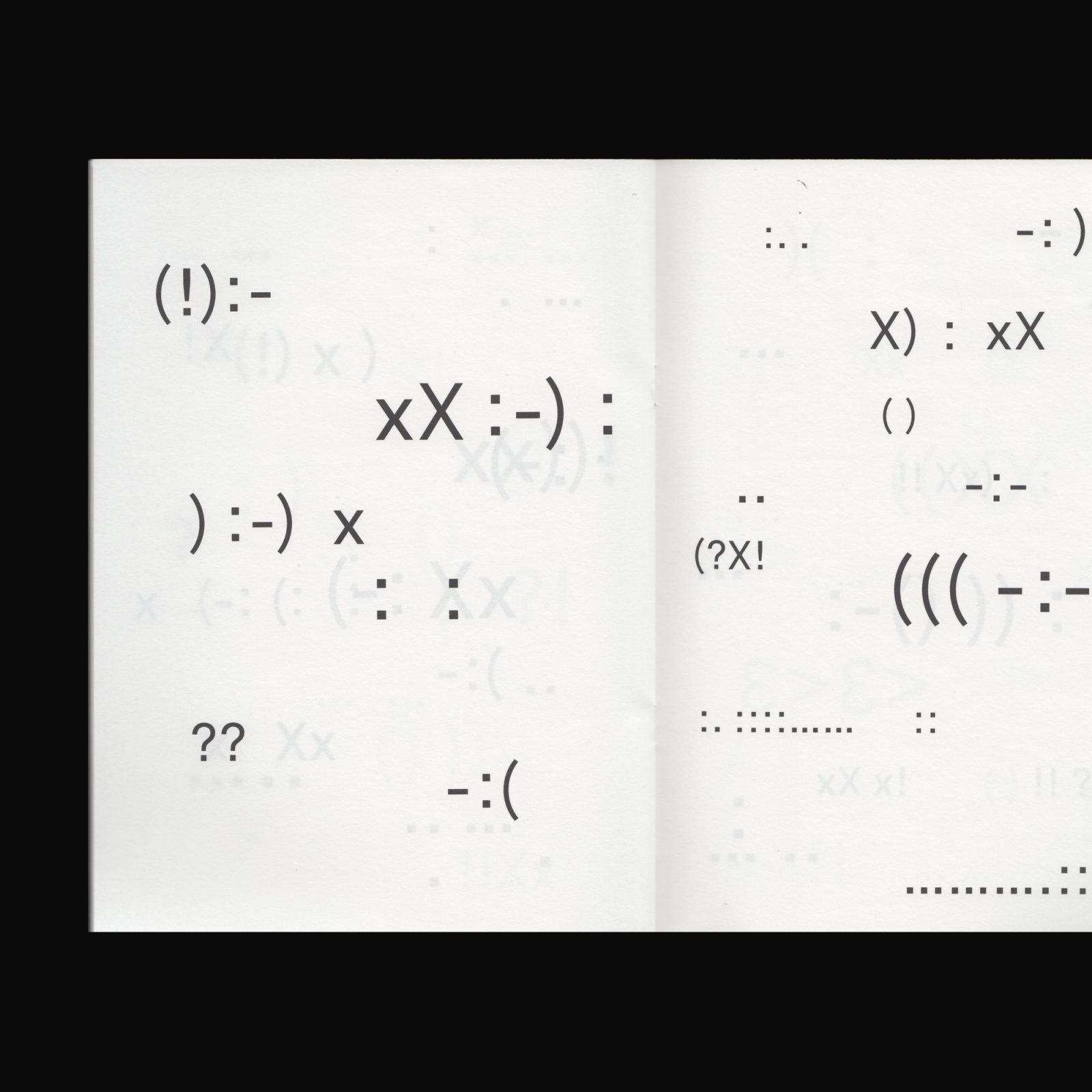
A poem written by the artist for the space of the book composed only of punctuation marks. For about twenty years, Olaf Nicolai (born 1962 in Halle, East Germany, lives and works in Berlin) has been producing conceptual artworks influenced by a philosophical background inherited from its formative years in East Germany, questioning the deadlocks of romanticism and Marxism. Alternating between photography, sculpture, publishing, design, installation and performance, Nicolai creates artistic situations whose purpose is to hijack the production patterns of the industrial world as well as its cultural, financial and social representations.
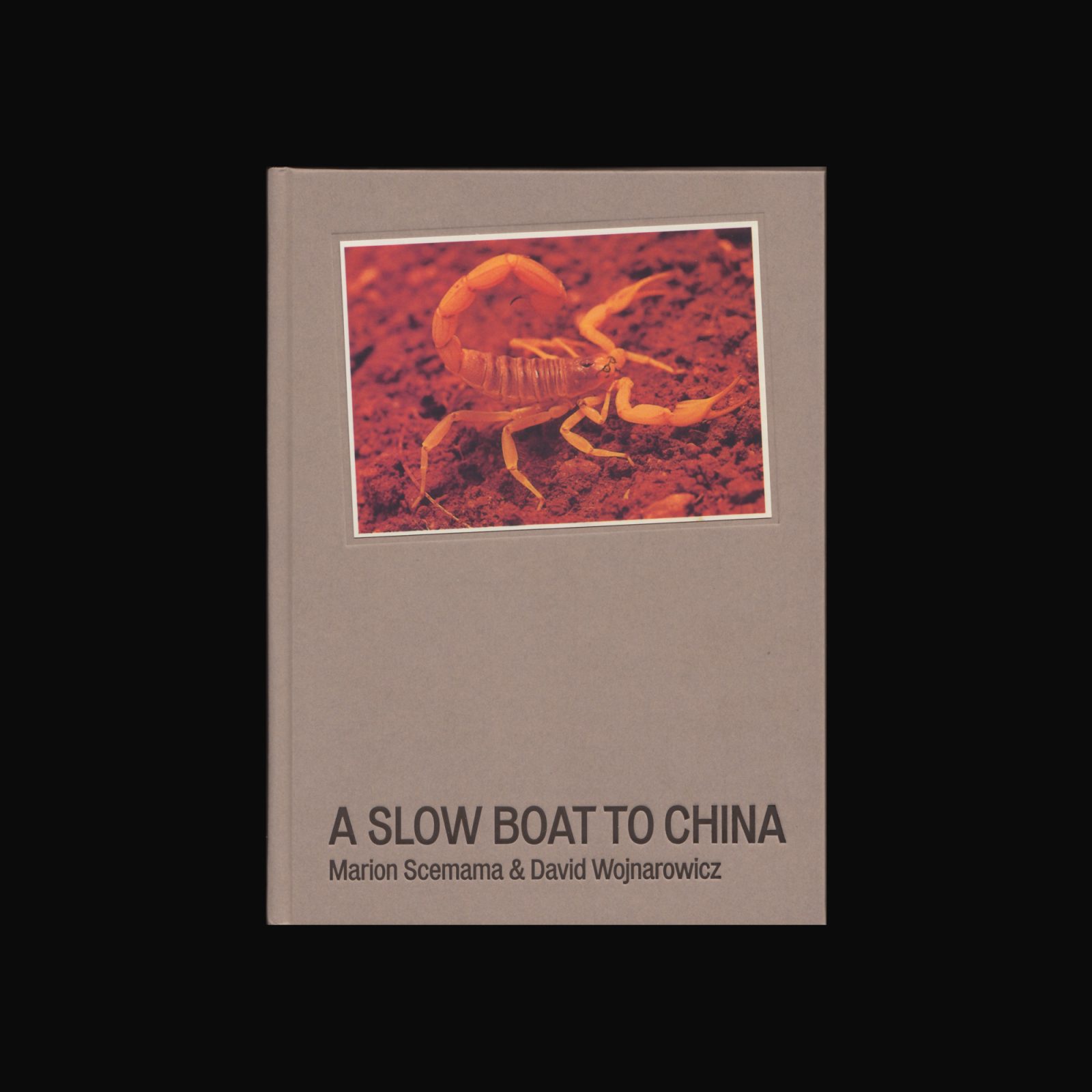

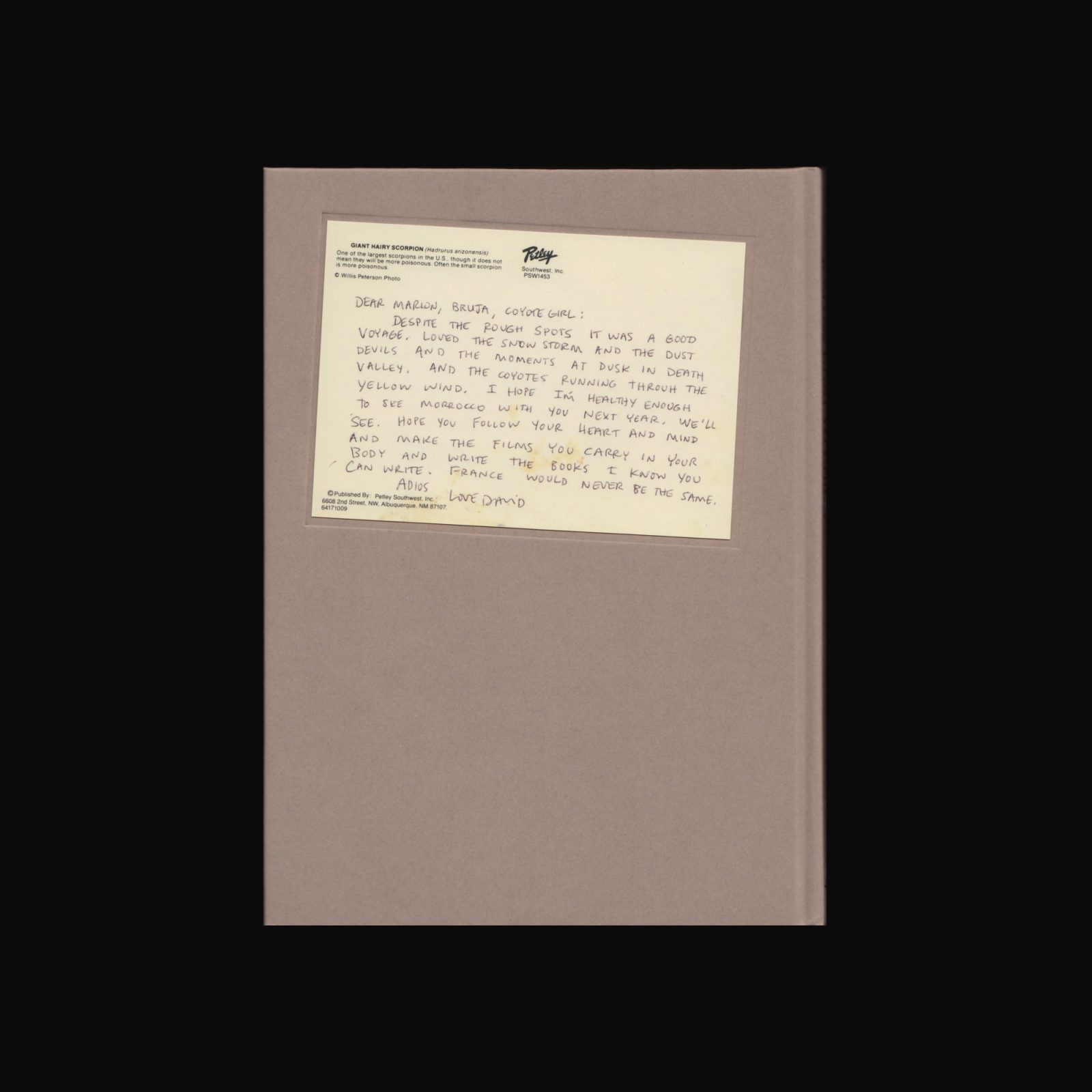
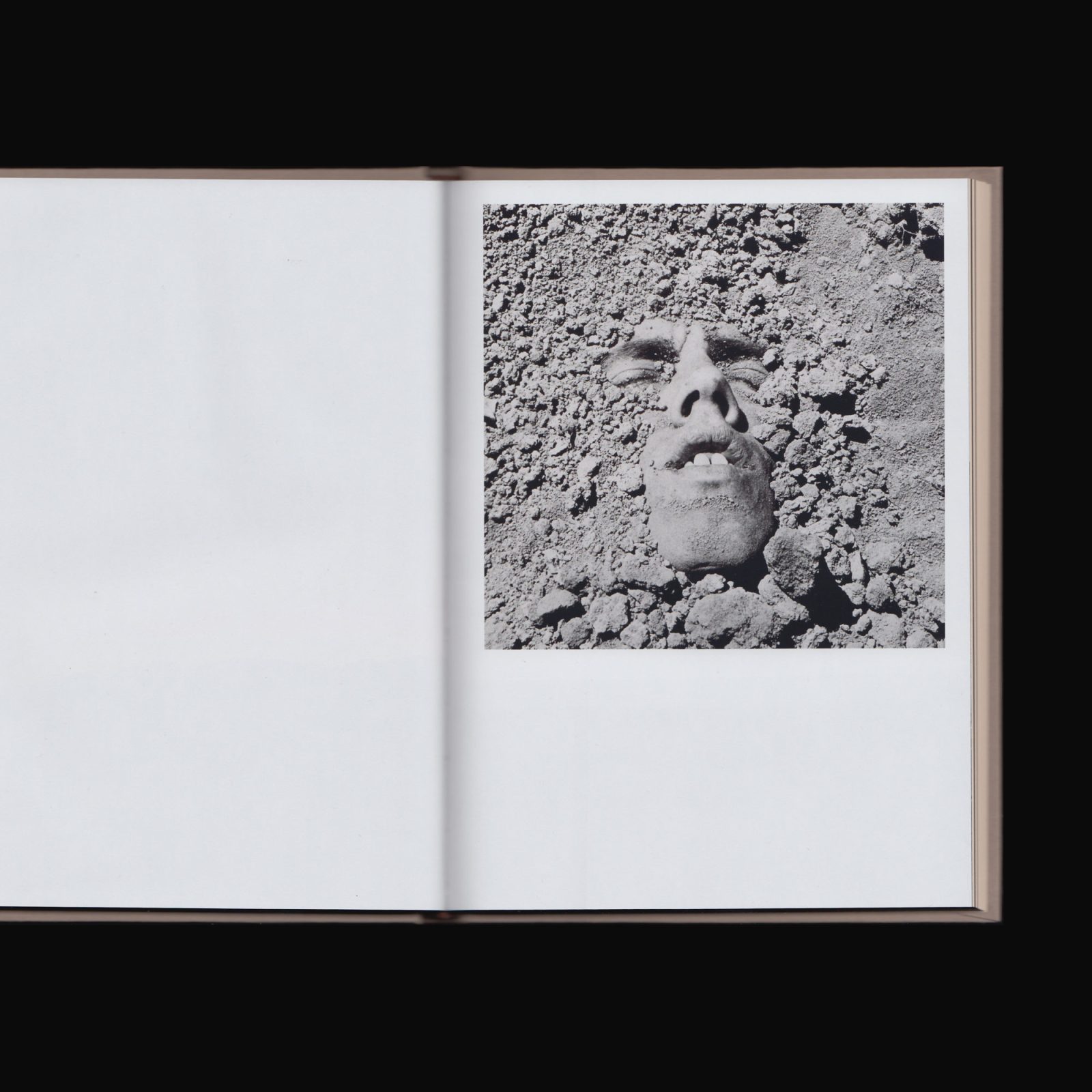
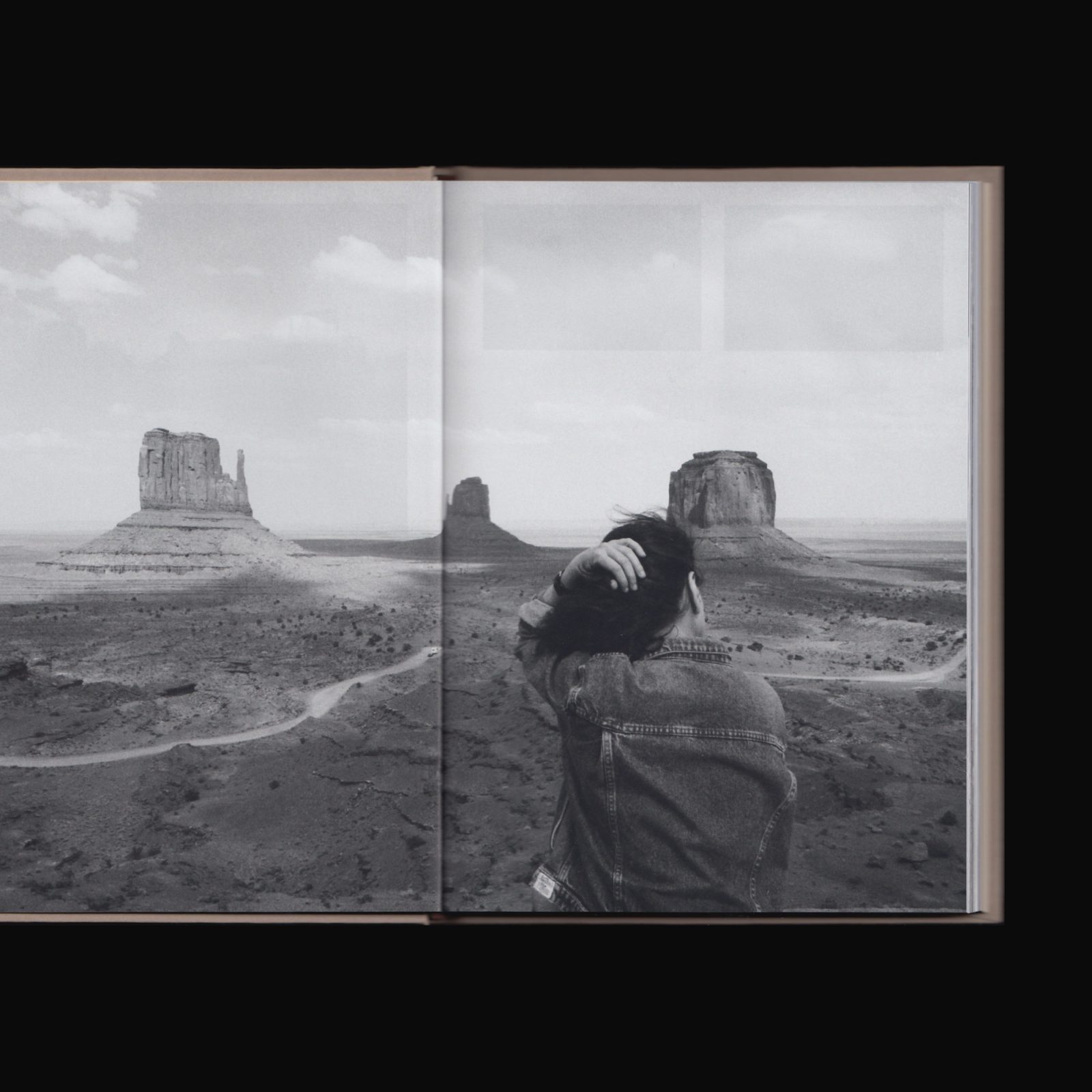
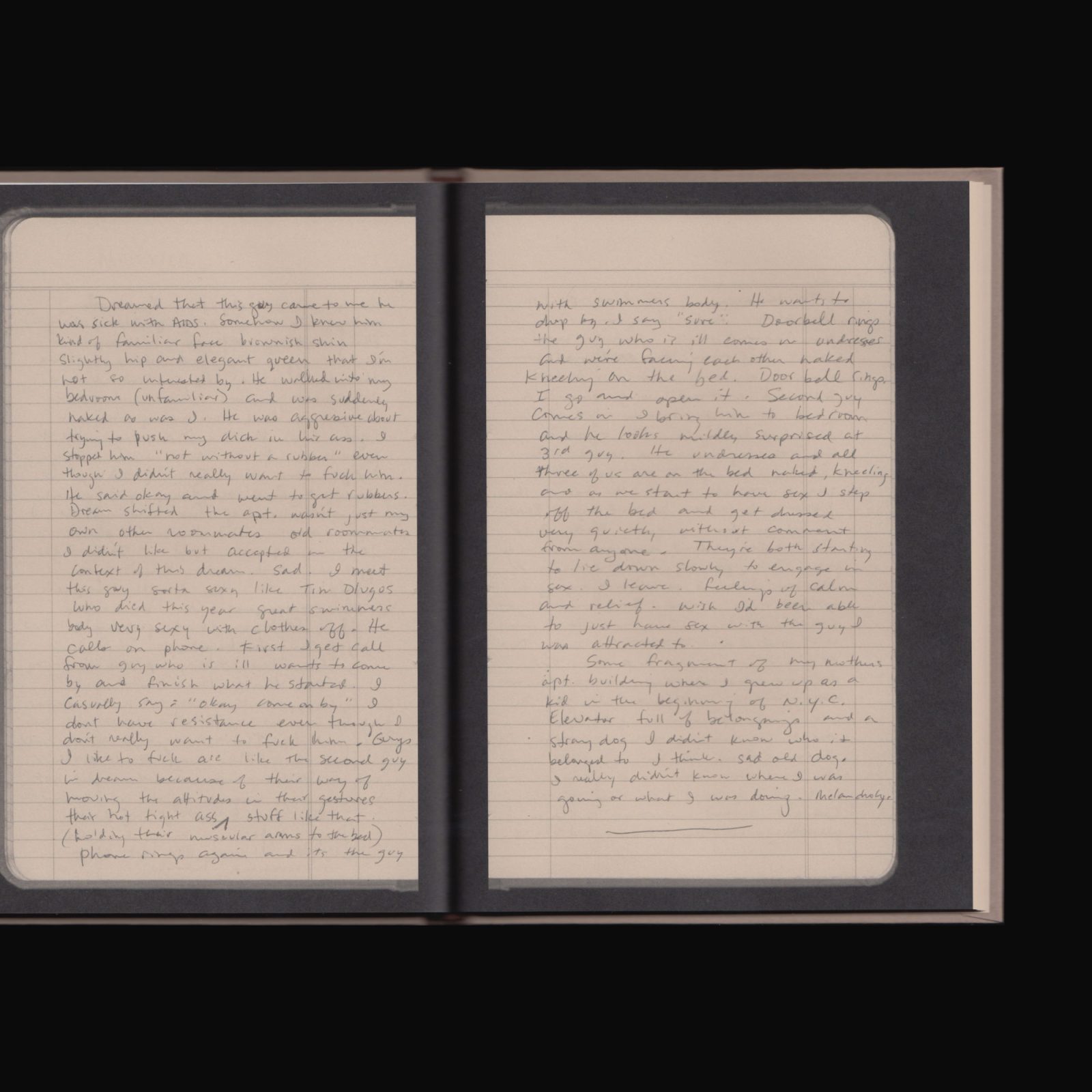
This publication brings together photographs taken by Marion Scemama during a trip through the American desert with David Wojnarowicz, shortly before his death. It features documents from Scemama’s personal archives and notes from Wojnarowicz’s diary, along with texts by Thibault Boulvain and Elisabeth Lebovici.
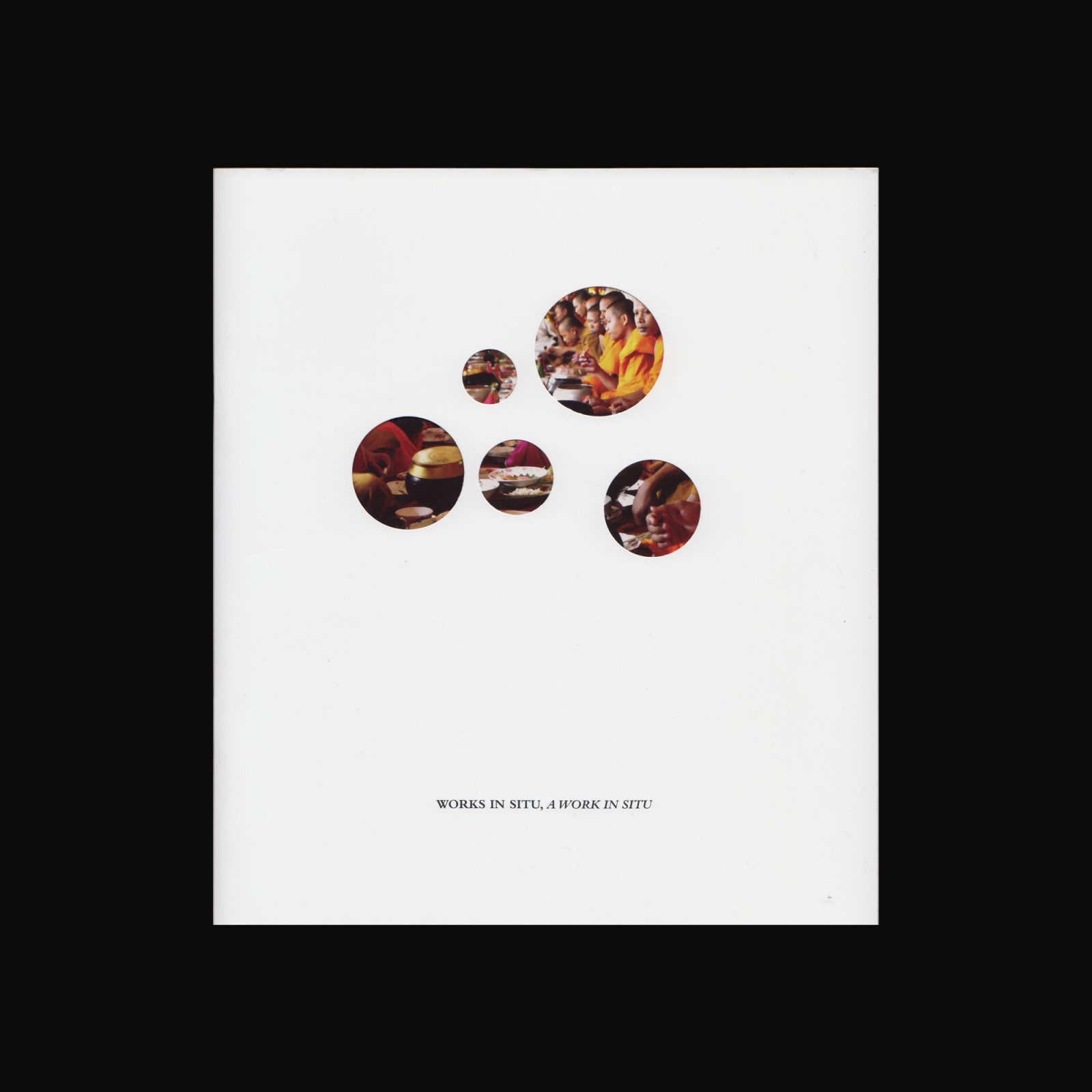

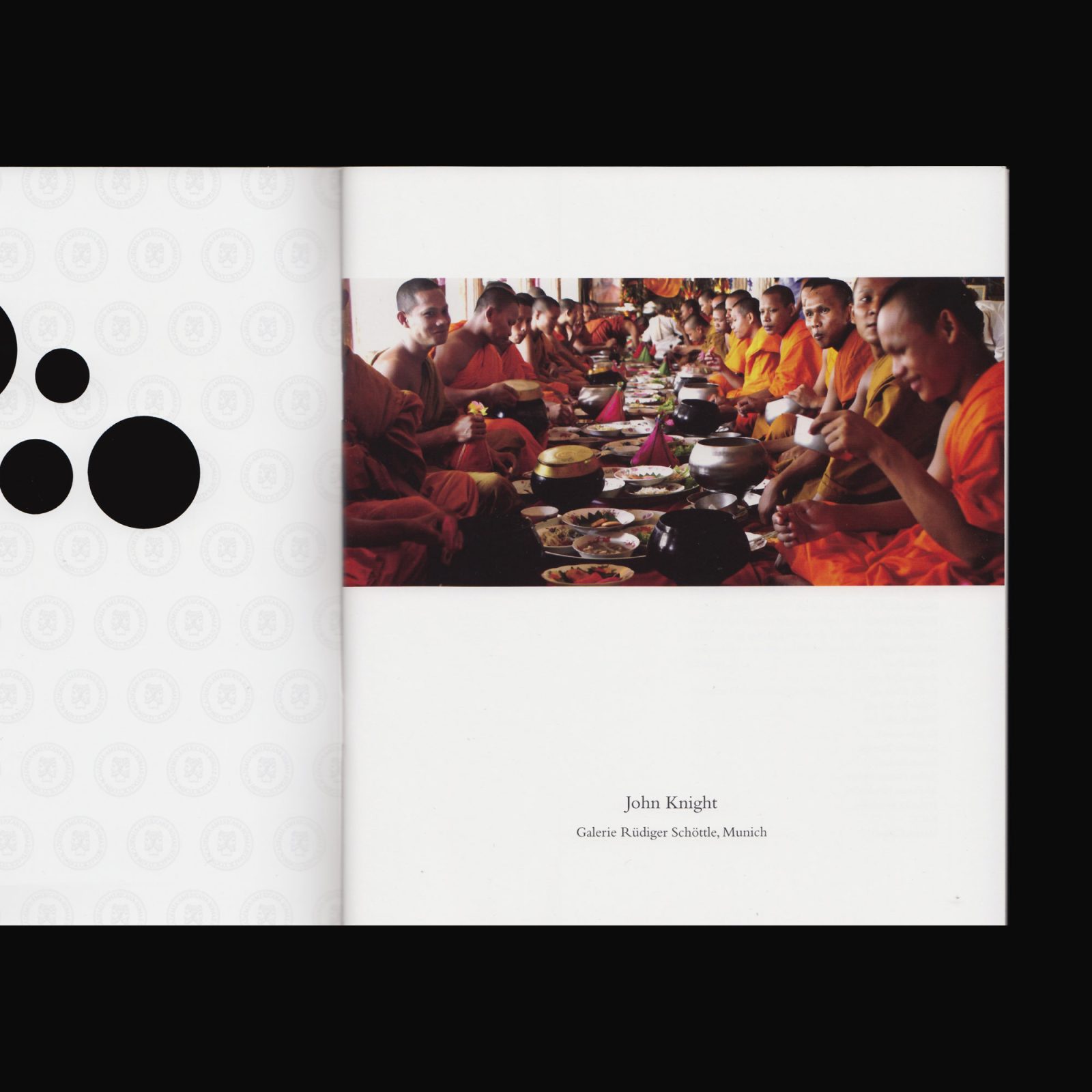
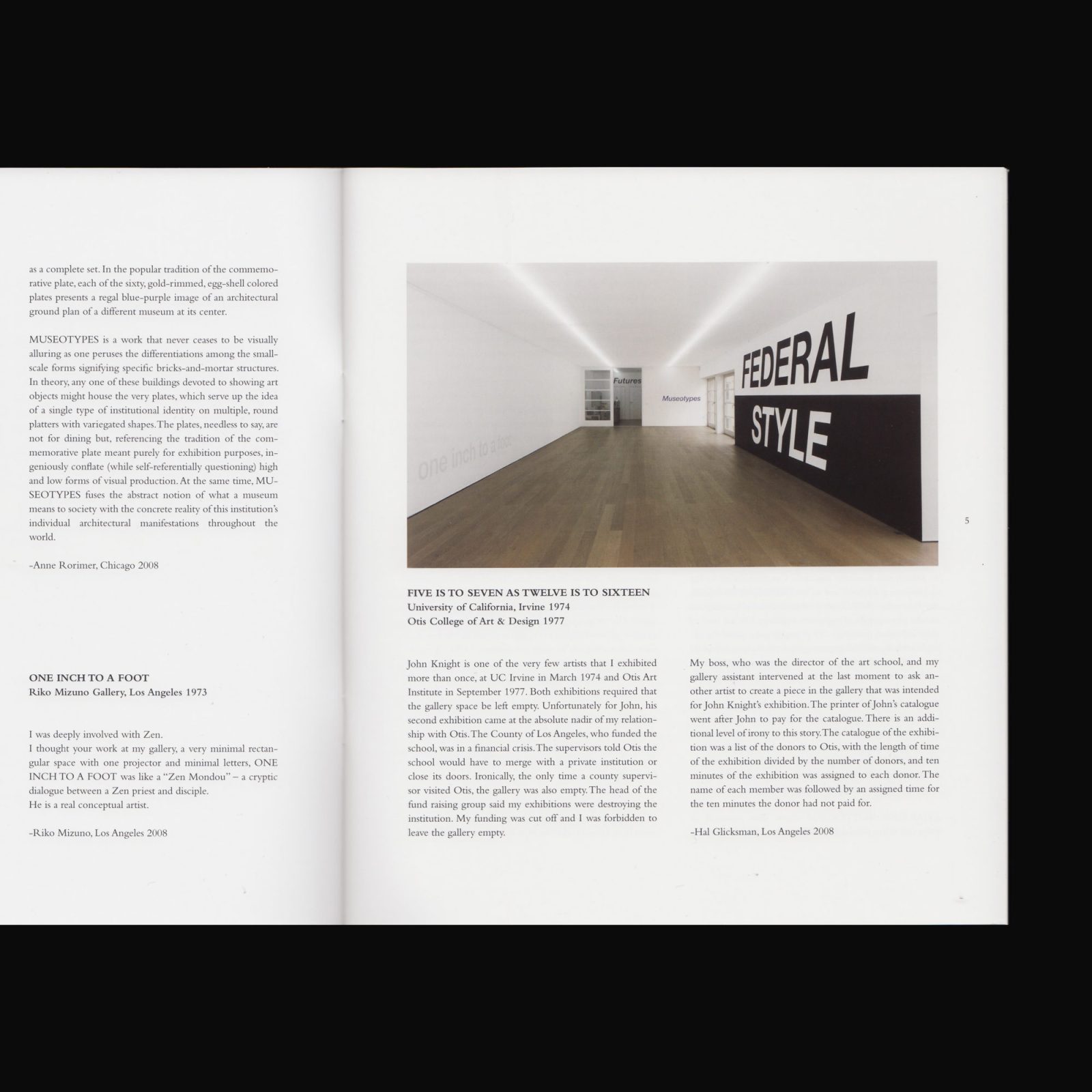
Produced on the occasion of the exhibition John Knight WORKS IN SITU, A WORK IN SITU at Galerie Rüdiger Schöttle, Munich, 19 April–17 May, 2008.
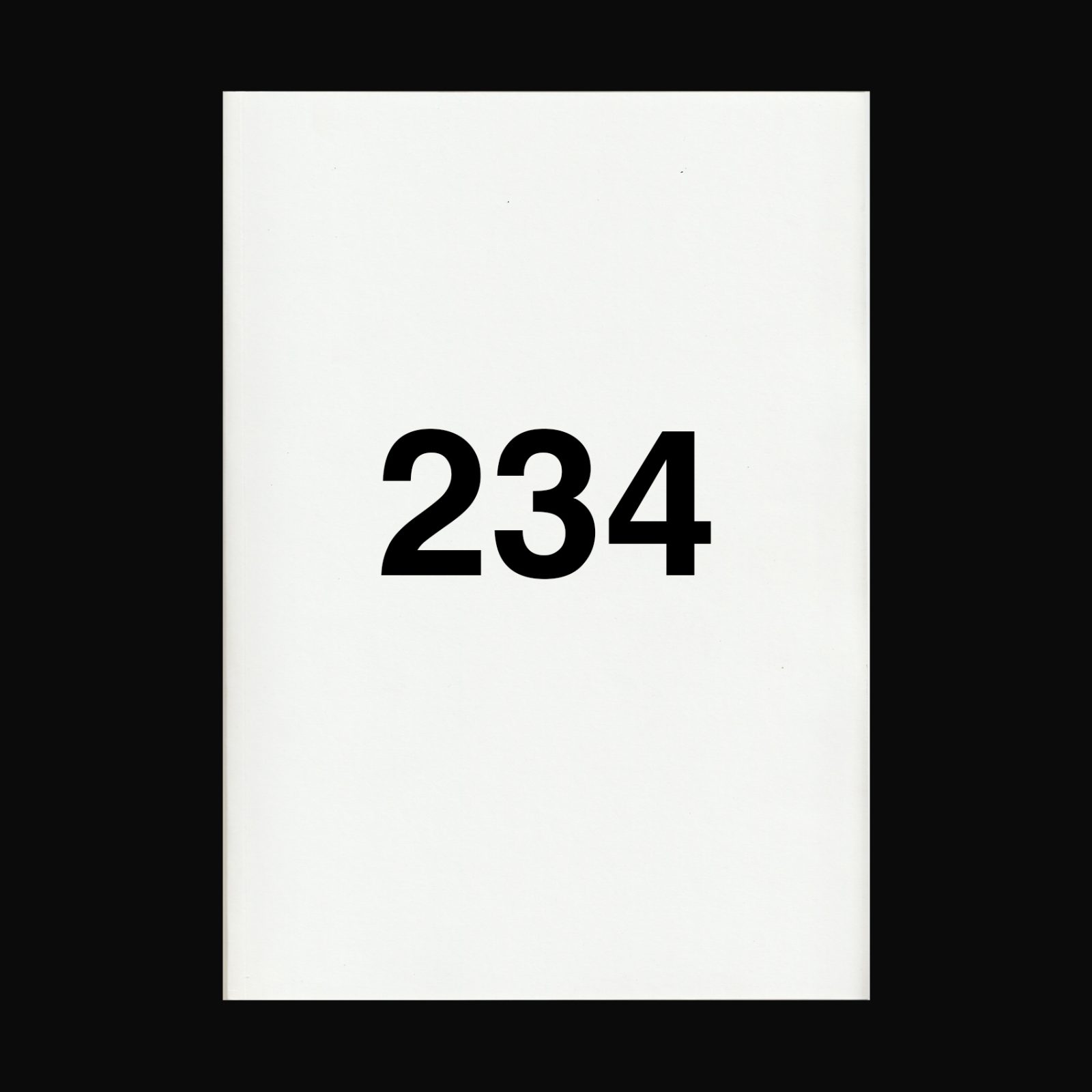

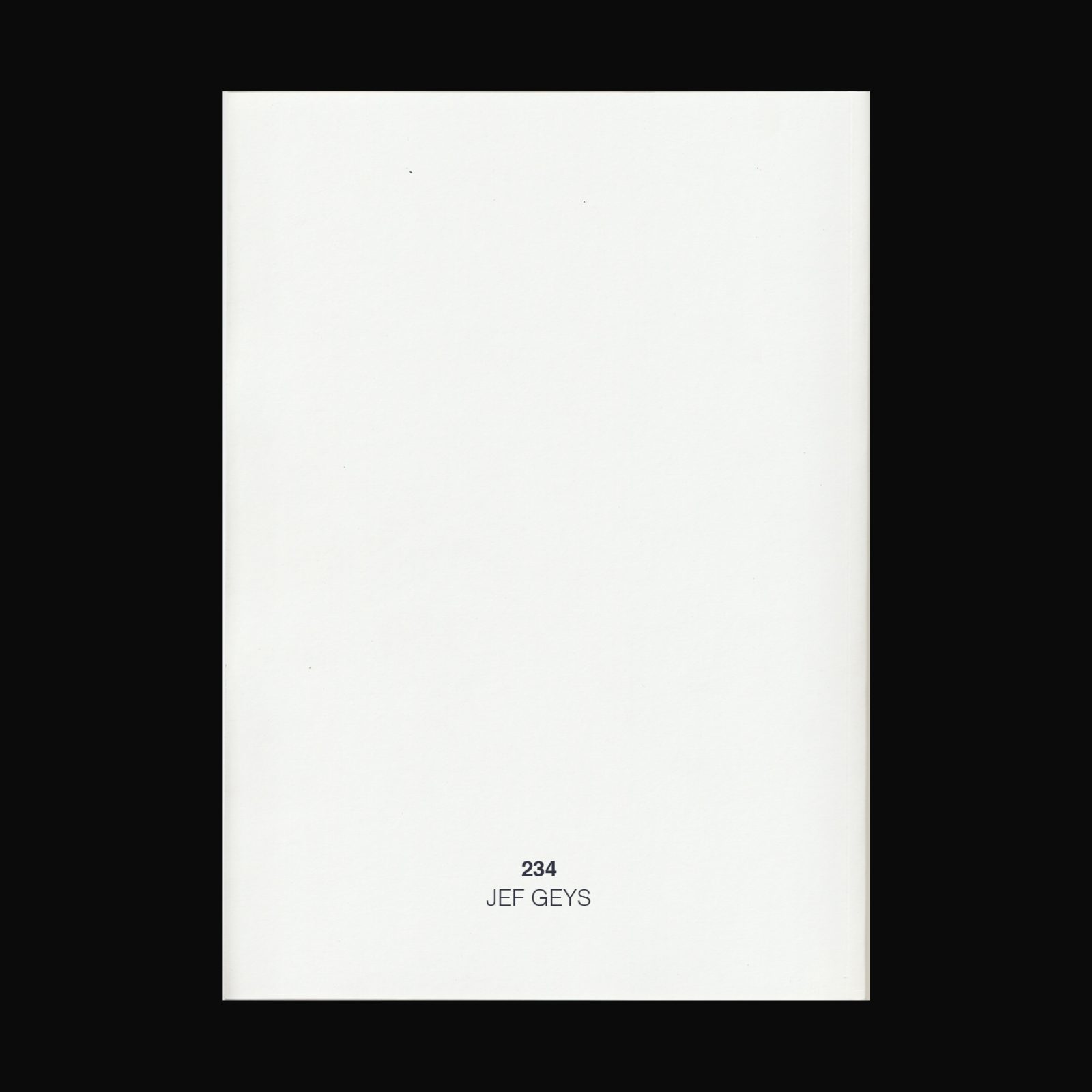
This artist’s book gathers the 67 photographs that make up the contact sheet #234 of the photographs taken by Jef Geys during the 1969 Tour de France, the year of Eddy Merckx’s first victory and the same day as the man’s first step on the moon.
Published following the touring exhibition Le Tour de France 1969 d’Eddy Merckx at Cneai, Pantin; CAPC musée d’art contemporain de Bordeaux; Bains-Douches d’Alençon; Centre d’art contemporain Passages, Troyes; IAC, Villeurbanne; and galerie Air de Paris between 2016 and 2018.